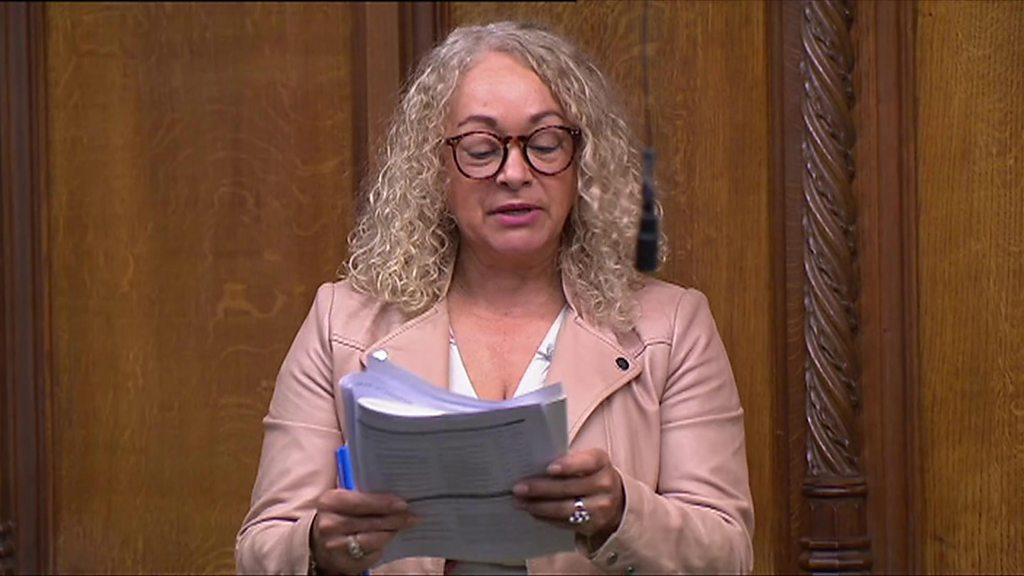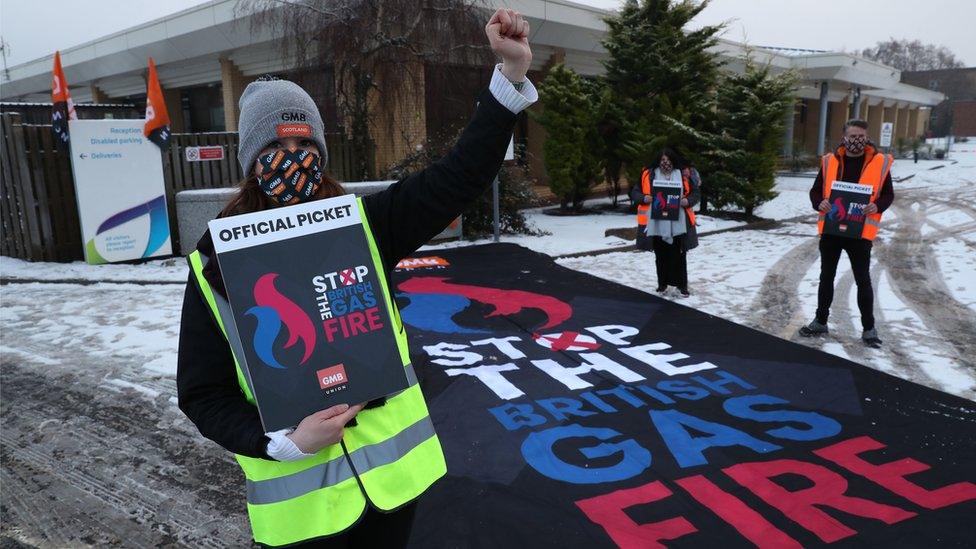Warning of Weetabix shortage amid 'fire and rehire' strike row
- Published

Unions are warning there could be a Weetabix shortage this summer if a "fire and rehire" row leads to strikes.
Engineers at the company's factories in Kettering and Corby in Northamptonshire are threatening to walk out over pay and conditions and say this would lead to production stoppages.
They say they are being made to accept new contracts that could mean some of them losing up to £5,000 a year.
Weetabix said it had been consulting with workers over new ways of working.
'Disgraceful' move
Unite said the company had told engineers to change their work patterns under new contracts, which would result in major cuts in shift allowances.
There would also be a move to require more day working than shift working, further contributing to the cut in pay, it added.
"Our members play an essential role in keeping the Weetabix plants operating and to treat them in such an offhand manner in order to simply boost profits is disgraceful," said Unite regional officer Sean Kettle.
"The solution is in Weetabix's hands. They need to withdraw the threat to fire and rehire our members and return to the negotiating table."
Unite said the ballot for strike action opens on Thursday 27 May and closes on Thursday 3 June.
Labour MP Kim Johnson says fire and hire abuses are spreading "like a virus"
If the workers vote for strike action stoppages will begin later next month, it added.
"If a strike occurs it will undoubtedly disrupt the production of Weetabix and result in shortages in the shops," Mr Kettle said.
A Weetabix spokesperson told the BBC: "As part of our ongoing change programme, we have been in close consultation with our employees and their local union representatives to implement new ways of working.
"We are proud to have recognised the efforts of all of our teams in keeping our factories open throughout the challenges of the last year and we were very happy to be able to share two discretionary bonuses with our manufacturing teams during that time."
Controversial practice
Fire and rehire involves companies giving redundancy notices to workers with the intention of offering them jobs with diminished terms and conditions.
Unions have called for the government to ban the practice after the TUC found that one in 10 workers had been threatened with fire and rehire during the pandemic.
"Fire and rehire is ripping through our workplaces like a disease," said Unite general secretary Len McCluskey.
"Weak law lets bad bosses force through brutal changes to contracts, sometimes taking thousands of pounds off wages that families need to get by.
"It's a disgraceful practice that's outlawed in much of Europe and should be here."
Related topics
- Published21 April 2021

- Published16 February 2021

- Published7 January 2021
